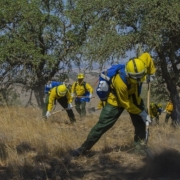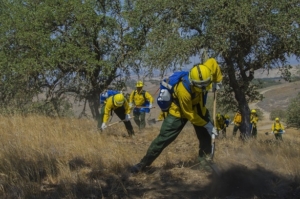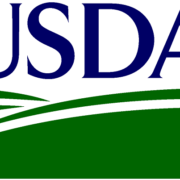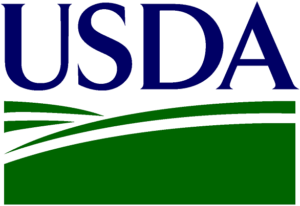USDA Grant Awards for Forest Sustainability
USDA Grant Awards for Forest Sustainability
All forests are important. Without forests our world would quickly plunge into chaos due to a lack of natural resources to support civilization. It is important to take good care of our forests but this is no simple task. Government sectors are making huge advancements in protective programs in conservations and nature reserves. The U.S. Department of Agriculture (USDA) and National Institute of Food and Agriculture (NIFA) recently announced that they have agreed to three grants to enhance sustainable management practices for American forest landowners and ranch owners. All North American forests are sustainably managed and these government grants will provide additional assistance.
Director Sonny Ramaswamy of the NIFA said that “These awards further our commitment to enhance the sustainability of the nation’s privately-owned forest and rangeland resources”. He also added that “Through these innovative projects delivered by Extension educators and specialists, landowners and managers will be able to make better informed, science-based decisions about their lands in order to achieve their conservation and economic goals.”
The three grants included a total amount of $300,000 and were awarded to and for the following purposes.
$75,000 to the Arkansas Cooperative Extension Service in Little Rock
This grant will be used to create an Arkansas Cooperative Extension Service Project. The project is goal towards using researched-based decision support tools in order help forestry sectors manage, plan and protect large landscape forests across the Western Gulf region in the U.S.
$110,000 to the Michigan State University in East Landing
A team of forestry experts at the Michigan State University will create adult online learning materials on various forest sciences including carbon science management in order to inform and improve the knowledge of landowners and range owners. This will enable these landowners to predict the carbon outcome of economical advancements so they can minimize the effects.
$115,000 to the University of Minnesota in St. Paul
This University will launch a project that focuses on the impact of invasive species on the ecosystem and local forests. With the results of this research projects, landowners and resource professionals will be able to make sustainable eco decisions with regards to these invasive species.
Nature’s Packaging supports sustainably managed forests as the means to support the North American wood packaging industry. The USDA also launched previous projects like Ask for Wood where more people were taught about their role in forests and people were taught to create a better environment through wood recycling projects and the benefits of using renewable resources were also taught to family forest owners. Stronger efforts toward public education and government sponsored assistance could improve overall forest health and sustainability.
Resources
- USDA awards funds to support sustaniable forest and rangleland programs
- USDA’s NIFA Awards Funds
- US Department of Agriculture Current Research Information Systems







